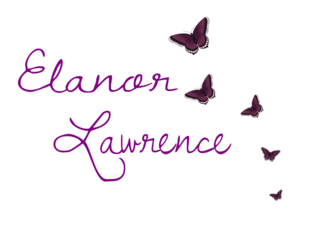Since I received absolutely no new books this past week (can you believe it? What a sad week!) and everyone’s talking about the (in)famous Wall Street Journal article about dark YA, I thought I’d give a really quick version of my thoughts on the article. First off, I suggest you read Veronica Roth and Robinson Well’s take, since they do a pretty good job of explaining two big points concerning dark material in YA.
What most people are saying about the article is that it’s complete hogwash; kids don’t go and become cutters because they read about a cutter. In the past few days, dozens of stories have surfaced about anorexic teens who stopped hurting themselves once they read about another anorexic girl, or people who were encouraged not to do drugs once they read about how terrible that sort of life is. While I don’t have a story like this, I do find that reading some issue books can help me to understand what it’s like for other people, the ones who don’t have a safe home and loving family to turn to at the end of each day. Books like these help me empathize with people who aren’t as blessed as I am.
On the other hand, these books can and do have a negative affect on people if they’re given to the wrong teen at the wrong time. People keep saying that teens aren’t stupid, that they know their own reading level and that parent’s shouldn’t be censoring them. Maybe that’s true for older teens (17+) but certainly for younger teens, that’s blatantly false. When I was thirteen I began reading some YA material that had broken families, kids wandering around homeless, death, depression… nothing even that gritty, but still. Since I was already going through a hard time with my grandfather’s death, these books hurt me. I remember crying after reading a couple chapters of a certain book, wishing I could tear the pages out and destroy them forever.
Even good books can have this effect. I read a fantasy book, one that I now own and would heartily recommend, but it ends with the murder of the main character. This scene hurt me back when I was thirteen. In all honestly, it sent me into a depression for at least a month. Just that one book, one that I would call a good book and eagerly read again and again now. But back then, at the wrong time, even this good book—but with violent content—had the power to hurt me.
That’s why I think it’s important for parents to have some input in what their teens are reading, at least in the case of younger teens. Because, well, teenagers are stupid. I know, because I am one. When I was thirteen I wasn’t capable of choosing the books that were good for me to read. Maybe some people are mature enough at thirteen, and some people obviously are not. Some people might not be mature enough until they’re eighteen. That means it’s the parents responsibility to help their children find reading material that they’ll be comfortable and that will help them. Yes, gritty books can occasionally help, but they can also harm.



